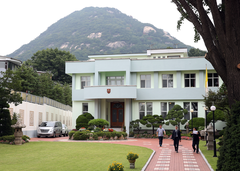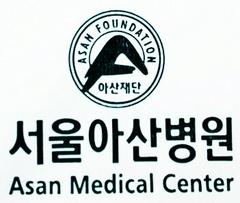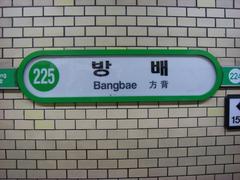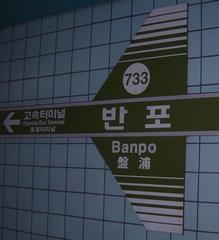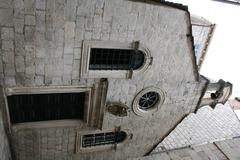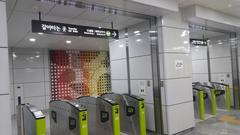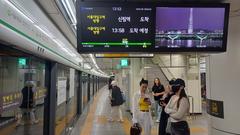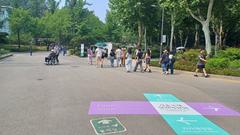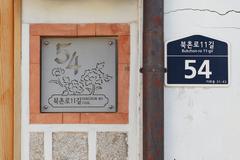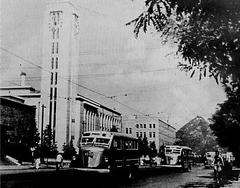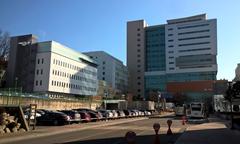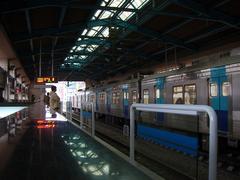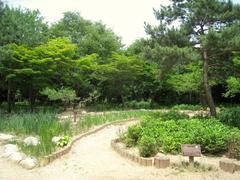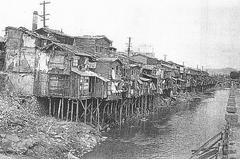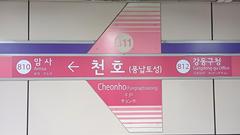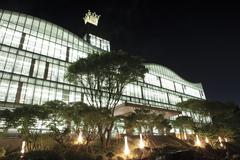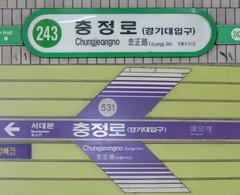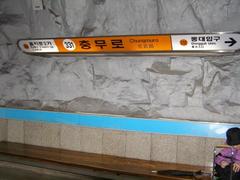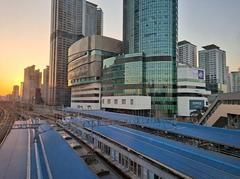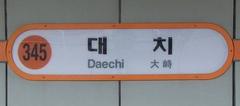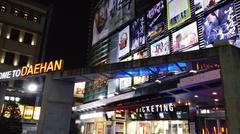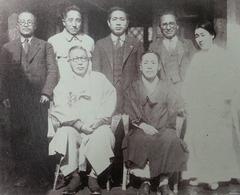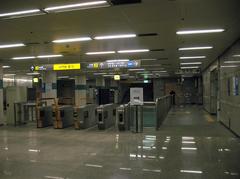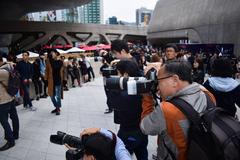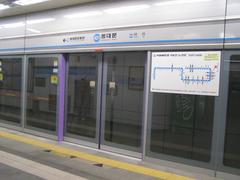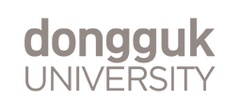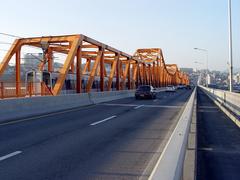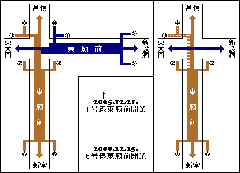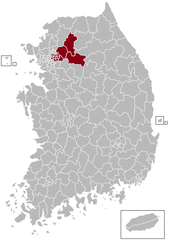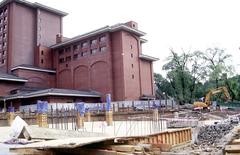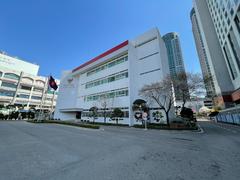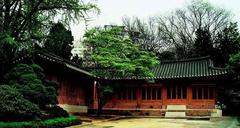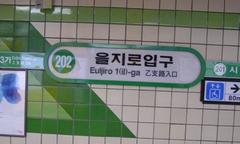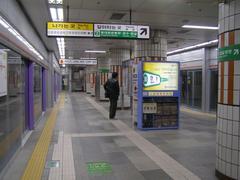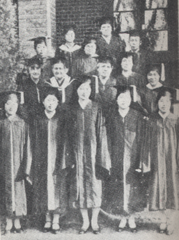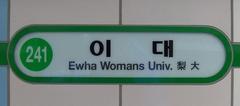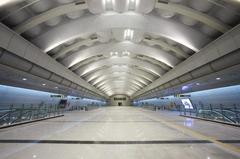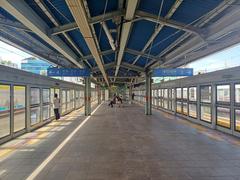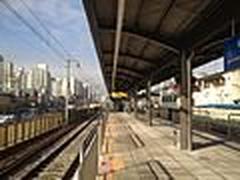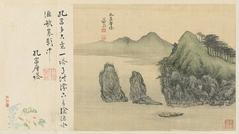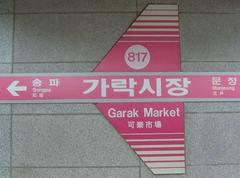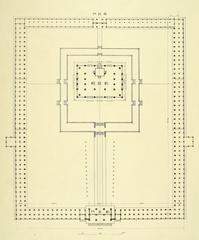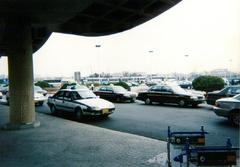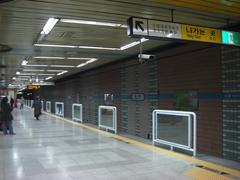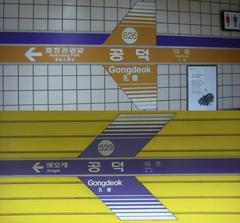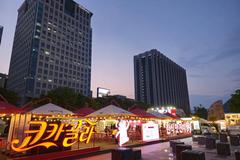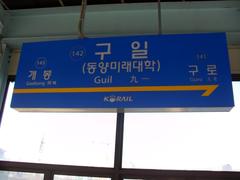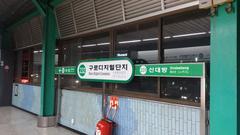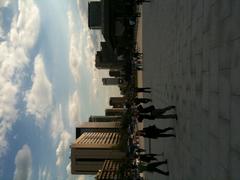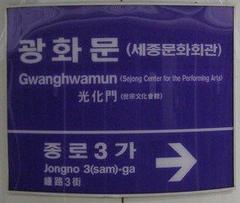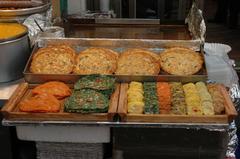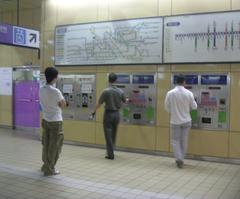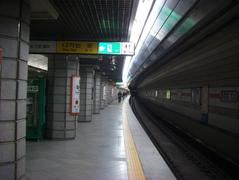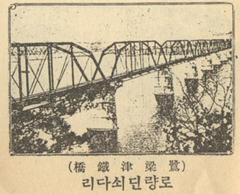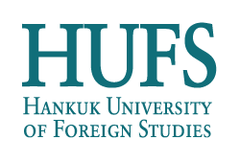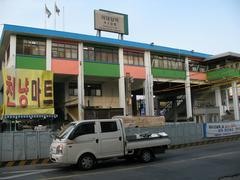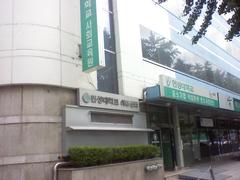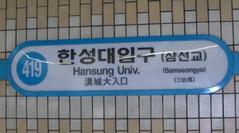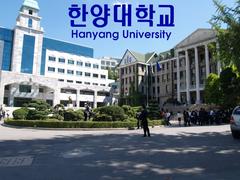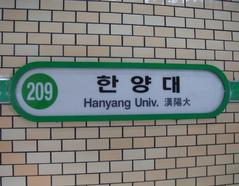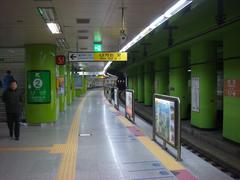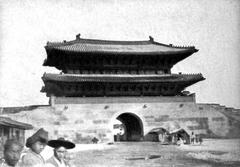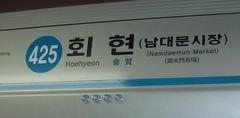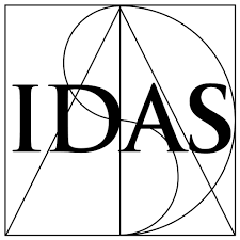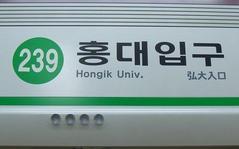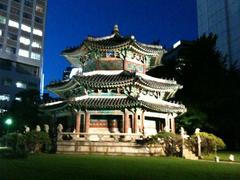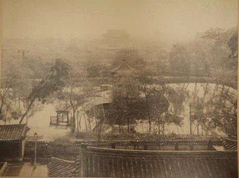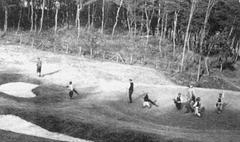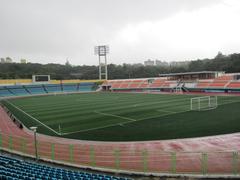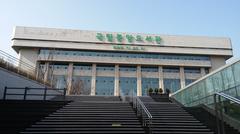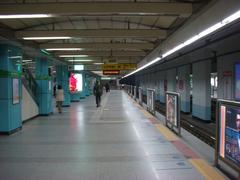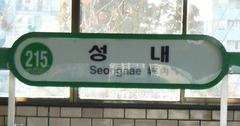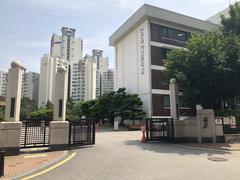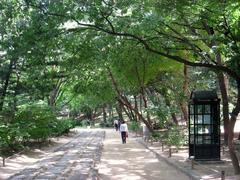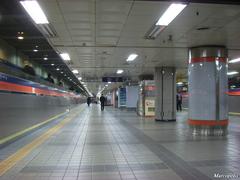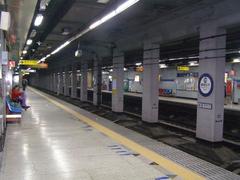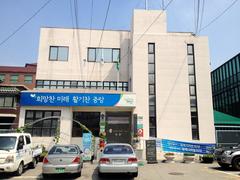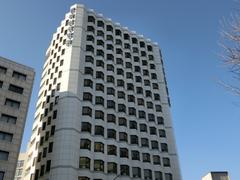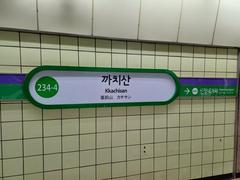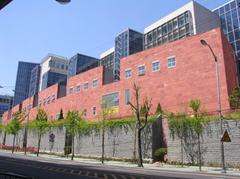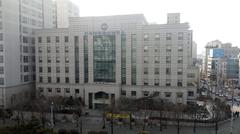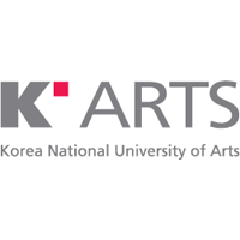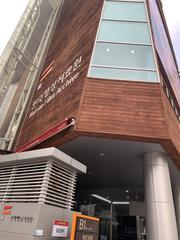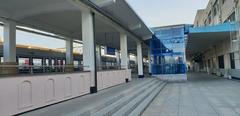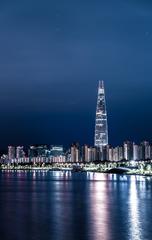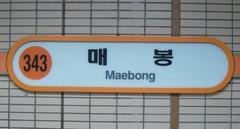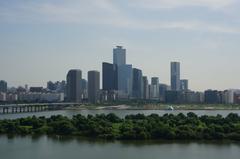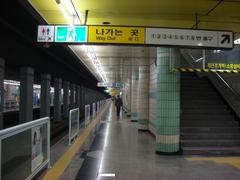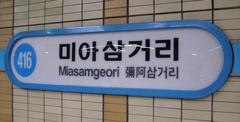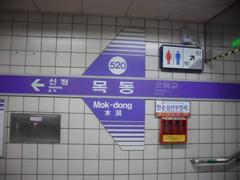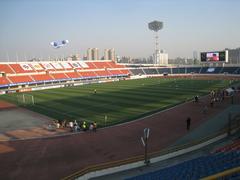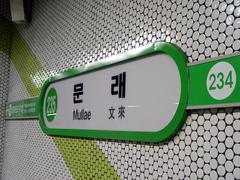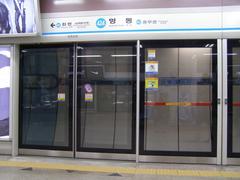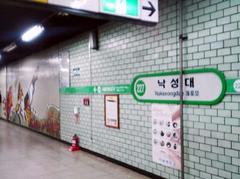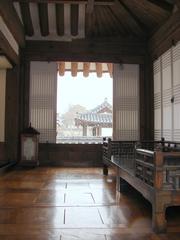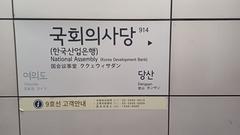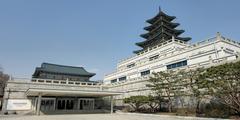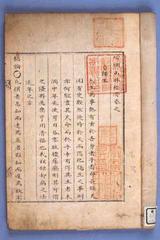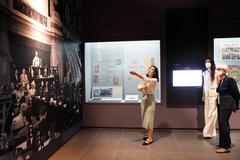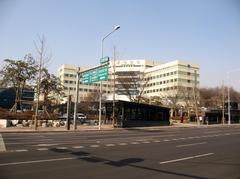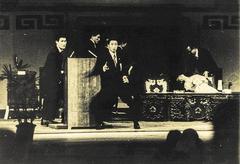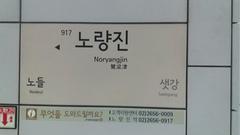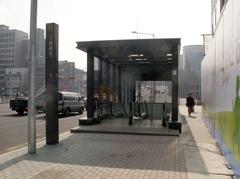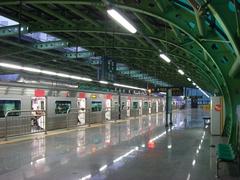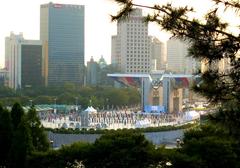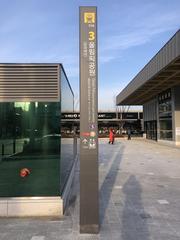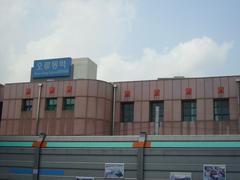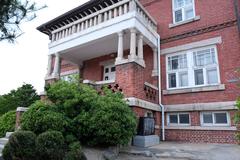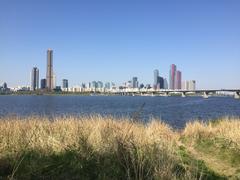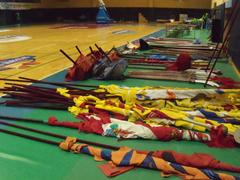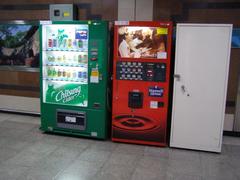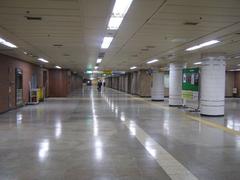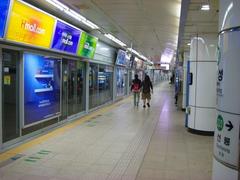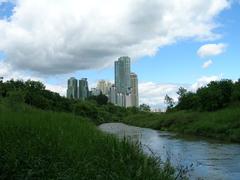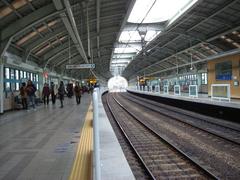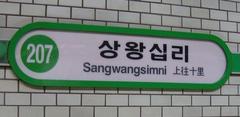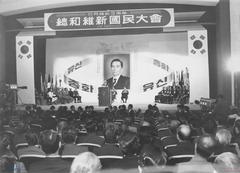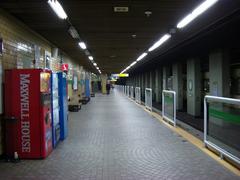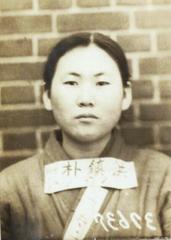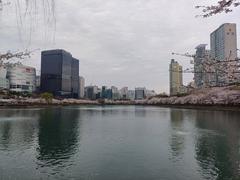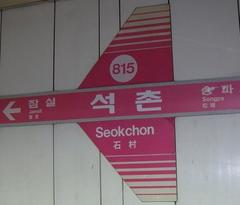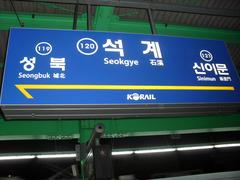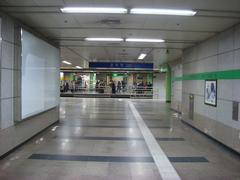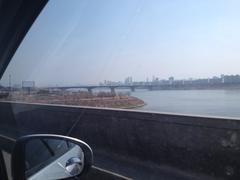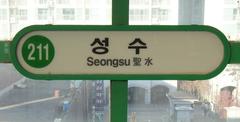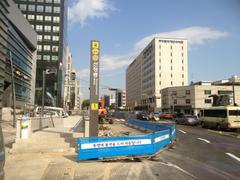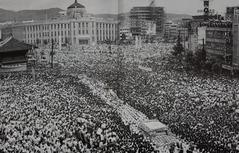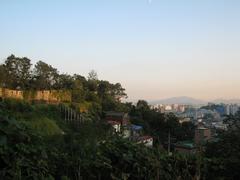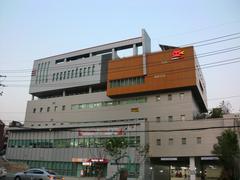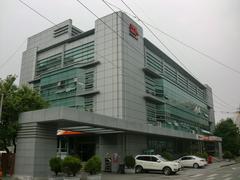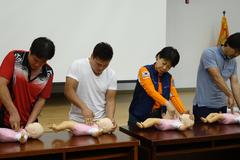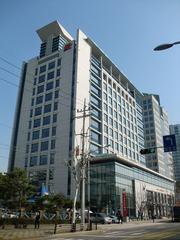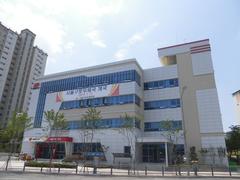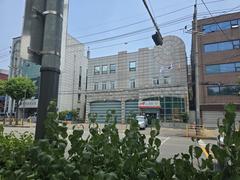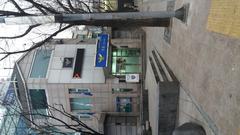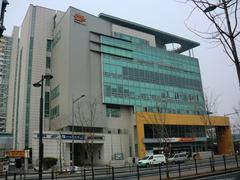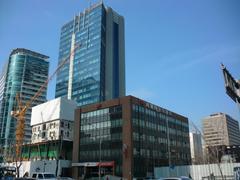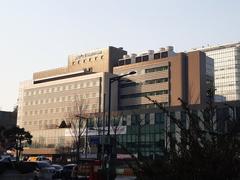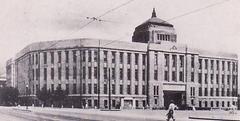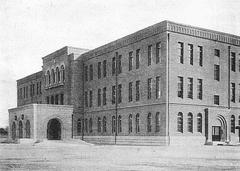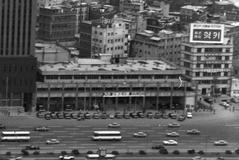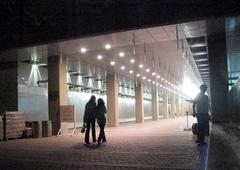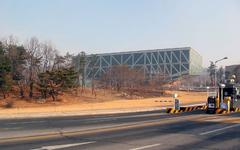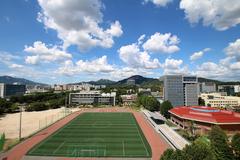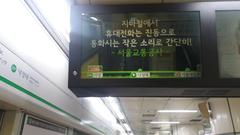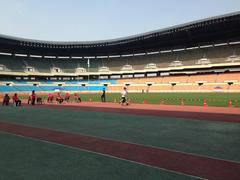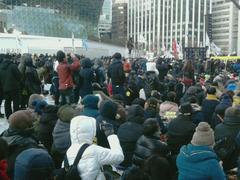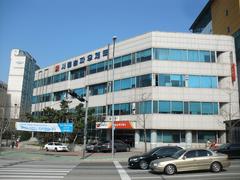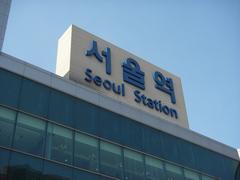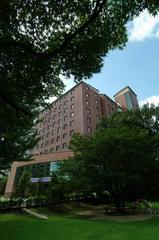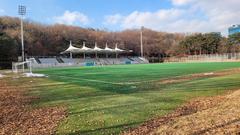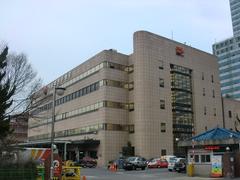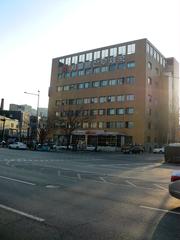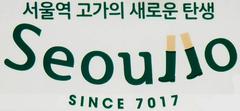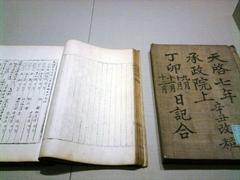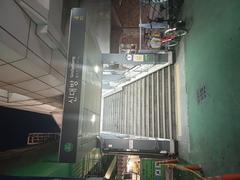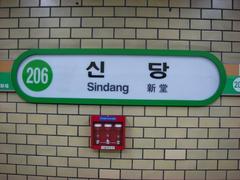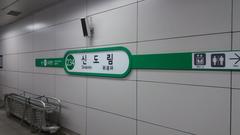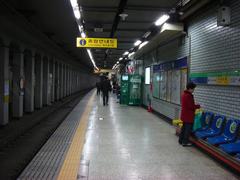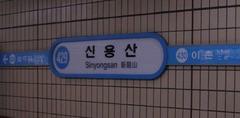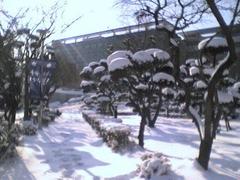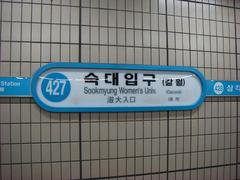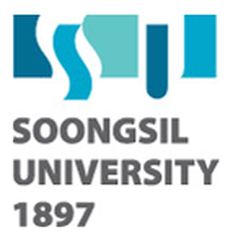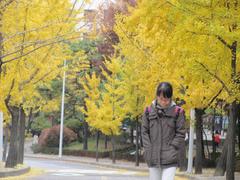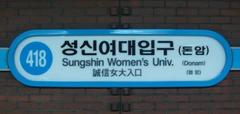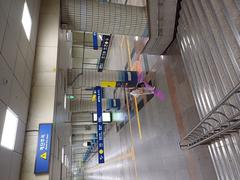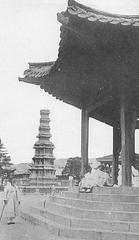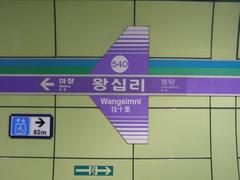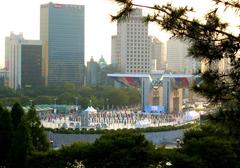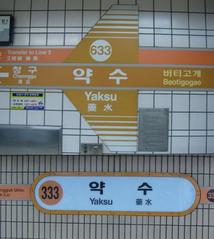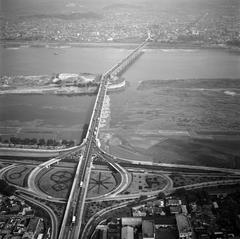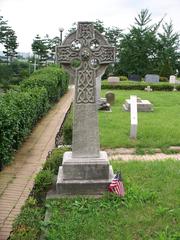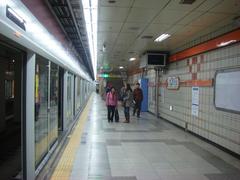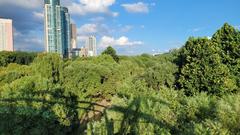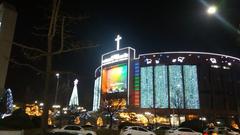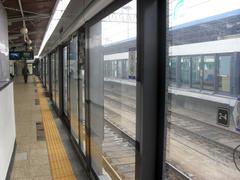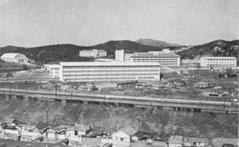Bonghwasan Station Visiting Hours, Tickets, and Seoul Historical Sites Guide
Date: 03/07/2025
Introduction to Bonghwasan Station
Bonghwasan Station, located in the energetic Jungnang-gu district of northeastern Seoul, is a crucial transit hub on Seoul Subway Line 6 and a gateway to the area’s rich cultural and natural offerings. Since its opening in 2000, and especially after the addition of the Gyeongchun Line in 2019, the station has become essential for both daily commuters and tourists. Its proximity to Bonghwasan Mountain—historically known as “Beacon Fire Mountain”—as well as access to restored Joseon Dynasty beacon stations and the revered Sansingak Shrine, makes it a focal point for those seeking a blend of urban life and traditional Korean culture. The station operates daily from approximately 5:30 AM to midnight, offers user-friendly ticketing with the T-money card, and is fully accessible for all visitors. This guide compiles everything you need to know for a seamless visit, from practical travel details to local attractions and special events. For further travel planning, consult sources like Seoul Metro, VisitKorea, KOREA with YOU, and Sunsets Abroad.
Table of Contents
- Historical Development and Urban Context
- Visiting Hours and Tickets
- Accessibility and Facilities
- Nearby Attractions and Seoul Historical Sites
- Practical Visitor Tips
- Special Events
- Frequently Asked Questions (FAQ)
- Conclusion & Travel Planning Resources
Historical Development and Urban Context
Bonghwasan Station derives its name from the adjacent Bonghwasan Mountain, a landmark long associated with Seoul’s historical defense network. The area, once semi-rural, has rapidly urbanized, increasing the station’s importance. Opened as the eastern terminus of Line 6 in 2000, the station became an interchange with the Gyeongchun Line after its 2019 extension to Sinnae Station (UrbanRail.Net). This development improved transportation connectivity and made the surrounding region more accessible to both locals and tourists.
Visiting Hours and Ticket Information
- Operating Hours: Daily, approximately 5:30 AM to midnight.
- Ticketing: Tickets can be purchased at automated vending machines. The T-money card allows for seamless travel across subways, buses, and some taxis.
- Fares: Subway fares begin at 1,350 KRW for trips within 10 km. Longer journeys and transfers may incur additional charges. For the latest fare information, refer to the Seoul Metro website.
- Tourist Tip: T-money cards are available and rechargeable at convenience stores and station machines, offering discounted fares and ease of use (Sunsets Abroad).
Accessibility and Station Facilities
Bonghwasan Station is fully equipped for accessibility, featuring elevators, escalators, tactile paving for the visually impaired, and multilingual signage (Korean/English/Japanese/Chinese) (VisitKorea). Key facilities include:
- Exits: Multiple exits, with Exit 4 offering direct access to Bonghwasan Mountain trails (Kpopmap).
- Platforms: Two underground side platforms with safety screen doors.
- Concourse: Ticket machines, T-money recharge kiosks, customer service desks, and clear signage.
- Amenities: Clean restrooms (including accessible facilities), convenience stores, vending machines, and coin-operated lockers for luggage storage.
- Information: Staffed help desks and the 1330 Korea Travel Hotline (+82-2-1330) for multilingual support. Free Wi-Fi is available throughout the station.
Bonghwasan Mountain: Nature & Heritage
Access and Hours
- Access: Free, open from dawn till dusk year-round.
- Best Times: Early mornings and evenings for optimal hiking conditions and city views.
Cultural and Historical Highlights
- Beacon Fire Station: Restored Joseon Dynasty beacon signaling post.
- Sansingak Shrine: Venue for the annual Bonghwasan Dodanggut shamanistic ritual.
- Hiking Trails: Well-marked, suitable for all levels with panoramic city vistas.
Nearby Attractions & Seoul Historical Sites
- Cheonho Park: Lush urban park with fitness trails and shaded seating. Open 5:00 AM–10:00 PM.
- Jungnangcheon Stream: Scenic riverside paths for cycling, walking, and birdwatching.
- Jungnang Traditional Market: Authentic Korean street food and local specialties, typically open 9:00 AM–7:00 PM.
- Jungnang Culture & Arts Center: Exhibitions, performances, and workshops highlighting Korean culture.
- Seoul City Center Access: Quick subway trips to Dongdaemun Design Plaza, Ihwa Mural Village, Naksan Park, and Myeongdong Shopping Street.
Practical Visitor Tips
- Weather: July is hot and humid; bring sunscreen, water, and rain gear. Spring and autumn are ideal for hiking (Realk.kr).
- Language: Multilingual signage is provided, but translation apps (Papago, Google Translate) are useful (Nice View).
- Payment: Use T-money for public transport convenience.
- Navigation: Download KakaoMap or Naver Map for accurate transit directions (Sunsets Abroad).
- Safety: CCTV-monitored and staff-assisted; emergency call buttons are installed (Realk.kr).
Special Events
- Bonghwasan Dodanggut Ritual: Annual shamanistic ceremony at Sansingak Shrine (third day of the third lunar month).
- Seasonal Festivals: Hiking and cultural festivals in spring and autumn.
- Community Events: Exercise classes and local celebrations at Cheonho Park and surrounding areas.
Frequently Asked Questions (FAQ)
Q1: What are the operating hours for Bonghwasan Station?
A: Approximately 5:30 AM to midnight daily.
Q2: How do I purchase subway tickets?
A: Use vending machines or a T-money card, available and rechargeable at the station.
Q3: Are there entrance fees for Bonghwasan Mountain?
A: No, access is free.
Q4: Is the station accessible for people with disabilities?
A: Yes, facilities include elevators, ramps, and tactile paving; signage is multilingual.
Q5: Can I store luggage at the station?
A: Yes, coin-operated lockers are available near the exits.
Visual Highlights
Please ensure image URLs are active and add descriptive alt tags for accessibility and SEO.
Internal Links
Conclusion and Travel Planning Resources
Bonghwasan Station is more than a transit point—it is a vibrant gateway to the authentic rhythms, natural wonders, and cultural heritage of northeastern Seoul. With its accessible facilities, proximity to parks and historical sites, and seamless connectivity to the wider city, the station is ideal for both first-time visitors and seasoned Seoul explorers. Enhance your journey by using a T-money card, downloading navigation apps, and checking local event calendars.
For real-time subway updates and personalized travel tips, download the Audiala app. Explore our detailed Seoul travel guides and follow us on social media for the latest insider tips and event news.
